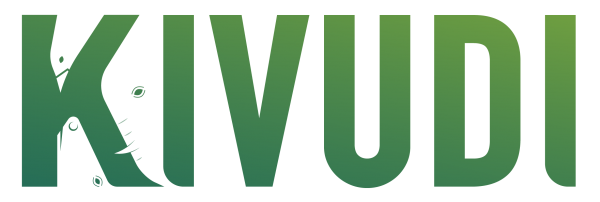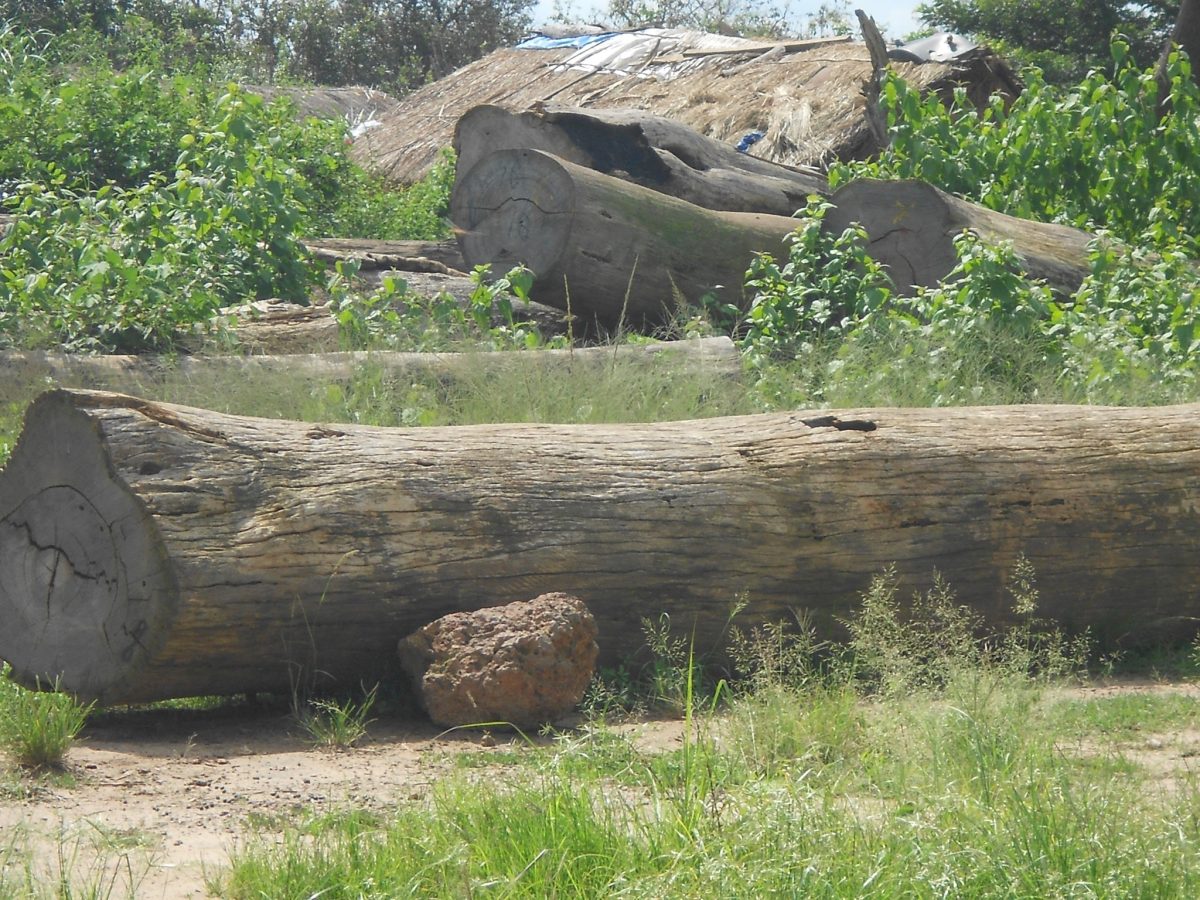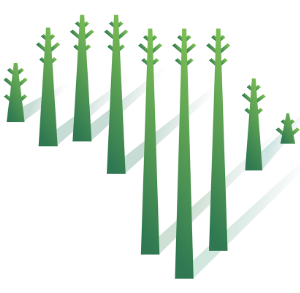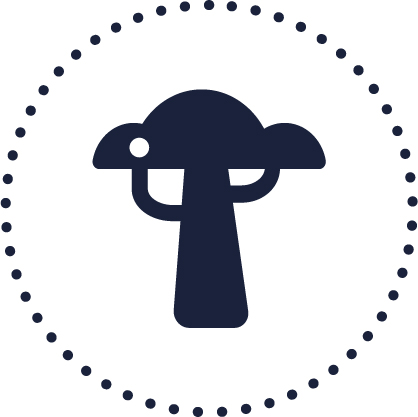KIVÛDI – The protective shadow
Kivudi's goal is to fight deforestation by developing sustainable agriculture, create an economic model from the crops harvested and reinject the money collected into reforestation and the improvement of living conditions of the surrounding populations, while protecting the environment.


Overview of the project

Our association owns a 22 hectare farm in Kinshasa, containing land and forest. Kivudi’s goal is to fight against deforestation by developing sustainable agriculture, create an economic model from the crops harvested and reinject the money collected into reforestation and improving the living conditions of the surrounding populations, while protecting the environment.
Concretely, we want to create an agroponic farm (above ground) in order to diversify the type of food harvested beyond just corn or manioc and to maximize this production in order to sell all these crops in Kinshasa. With the money collected, the goal is to develop the farm, reforest the forests, raise awareness about the environment and offer people an alternative to wood at all levels of their lives (construction of houses, charcoal, heating of food), the main cause of deforestation locally.
With a regular income generated from agriculture, it will be possible to buy equipment, train people, hire staff to protect and monitor the forest, in an independent economic model, which does not rely on the need to continually receive subsidies.
The goal of this project is to fight against deforestation in Congo by developing an agriculture based on the sustainable model.
Ongoing research
01/01/2022 - 01/01/2024
In anticipation of our project, we have already formed a partnership with the surrounding farms. We have brought them together and formed a cooperative called the Batéké Plateau Farmers Union. At present, we have close to 50 partner farms, which means potentially as much land in addition to ours around which to develop our model of sustainable agriculture, economy and reforestation.
In the course of observation around the farm, we have noticed, by asking around and surveying people, that there is a great lack of diversity in the products grown. Many farmers have unsold stocks of food because they produce too much compared to the real demand that exists.
They know that there is a need, a big demand, but, being in the village, they have no one to transport the food to Kinshasa where the markets, sales points, restaurants and other potential buyers are in number.
Moreover, these farmers have been growing the same thing, i.e. corn and cassava, for decades, because there is a permanent and immediate demand in the vicinity, but this prevents them from developing beyond these two products.
Faced with this observation, we had the confirmation that the Kivudi project responds to an immediate need, and is, therefore, highly anticipated in the region.
En fonds propres pour le moment, grâce aux diverses levées de fonds que nous effectuons localement depuis plus de 5 ans. En effet, plusieurs fois par trimestre, nous organisons des journées Kivudi où nous servons et vendons des plats africains. Les bénéfices récoltés sont systématiquement réinjectés dans notre trésorerie, ce qui fait que nous avons réussi à accumuler un peu plus de 10 000 euros.
organisation
The Kivudi association is deployed in two countries.
In Congo, in Kinshasa, we own a 22 hectare farm where we try to set up projects based on sustainable development. We are trying to raise awareness of the growing environmental problem by developing sustainable agriculture, by showing them alternatives to wood in their daily lives and by conducting reforestation projects.
In France, in order to finance the expenses related to the farm’s activity (purchase of agricultural equipment, financing of trips, payment of service providers), we organize fundraisers several times a quarter, where we serve and sell African dishes that we have prepared. This has allowed us to build up an independent treasury so that we do not depend on various grants to finance us, but also to create meetings where we raise awareness about the problem of deforestation in Congo.



